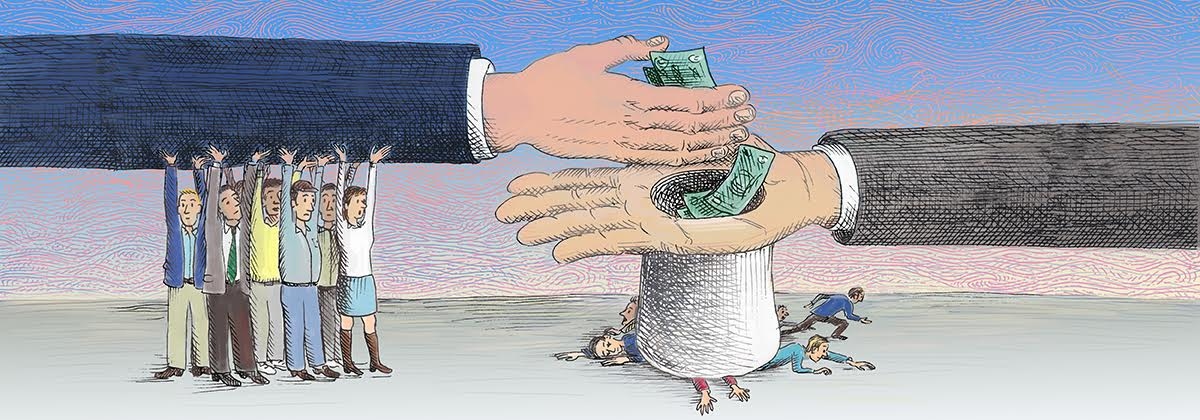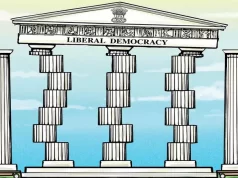“New no-frills airlines like IndiGo, SpiceJet and GoAir had entered the business and cut prices. In a price-sensitive market like India, full-service airlines like Kingfisher and Jet found it difficult to compete. Kingfisher finally went bust after repeated rescues by public sector banks. Jet is now following suit. The political connections of Mallya and Goyal won them policy changes and bank loans galore, but ultimately competition in a liberalised market killed them.
The licence-permit raj was almost 100% crony capitalism. Free competition did not exist. Every industrial licence, import licence, foreign exchange allocation and foreign collaboration permit was a favour from politicians to businessmen, in return for financial and other favours. This was crony capitalism with a capital C. When Rahul Gandhi complains about crony capitalism today, somebody should remind him of his family’s contribution to it.
Cronyism has by no means ended. But it has been downsized. In many other countries, cronyism means getting a monopoly to exploit forever. In India, it means temporary favours but no permanent monopolies, and so competition can ultimately kill the biggest cronies. That is progress.”
Swaminathan Aiyar has written an insightful piece about how cronyism can be fought with competition in a free market. People often equate capitalism to cronyism, never understanding how the first flourishes in the presence of a free market while the latter in its absence. Taking the examples of Jet Airways, he highlights how one of the most successful airlines of the country went under, unable to keep up with the increasing competition.
Post Disclaimer
The opinions expressed in this essay are those of the authors. They do not purport to reflect the opinions or views of CCS.





